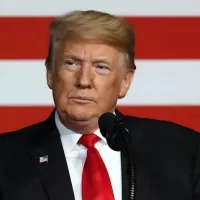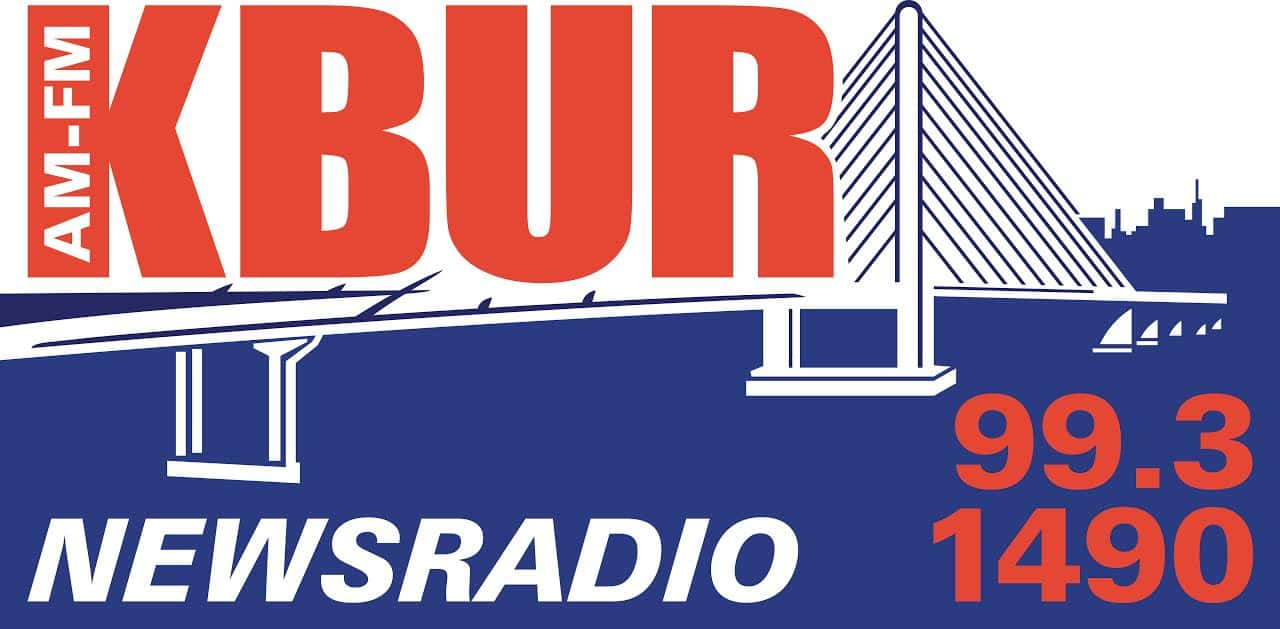
President Donald Trump signed an executive order Tuesday placing independent federal agencies under White House supervision, a move that significantly expands presidential authority and is expected to face legal challenges.
The order applies to agencies such as the Federal Communications Commission, the Federal Trade Commission, and the Securities and Exchange Commission, which have historically operated with independence. It grants oversight power to Office of Management and Budget Director Russ Vought, requiring agencies to align policies with White House directives and report on their performance. The order also mandates budget reviews and critically asserts that no executive branch official may interpret the law in opposition to the president or attorney general’s stance.
Critics argue that the move undermines the independence of regulatory bodies that Congress designed to operate separately from presidential influence. Legal experts say the action will test the “unitary executive theory,” a once-fringe legal argument asserting the president has sole control over the executive branch.
The administration has already moved aggressively to assert control, with Vought assuming the role of acting director at the Consumer Financial Protection Bureau, freezing its funding and firing employees. The executive order formalizes these actions, signaling broader enforcement across remaining independent agencies.
While the order does not affect the Federal Reserve’s monetary policy, it does extend to its regulatory oversight of banks and financial institutions. The directive also requires agencies to appoint White House liaisons and coordinate with the White House Domestic Policy Council and National Economic Council.
This push follows previous Trump efforts to pressure independent agencies, including the FCC and FTC, into investigating social media platforms for alleged censorship of conservatives. The move marks a significant shift in executive authority, setting the stage for a legal showdown over the limits of presidential power.






